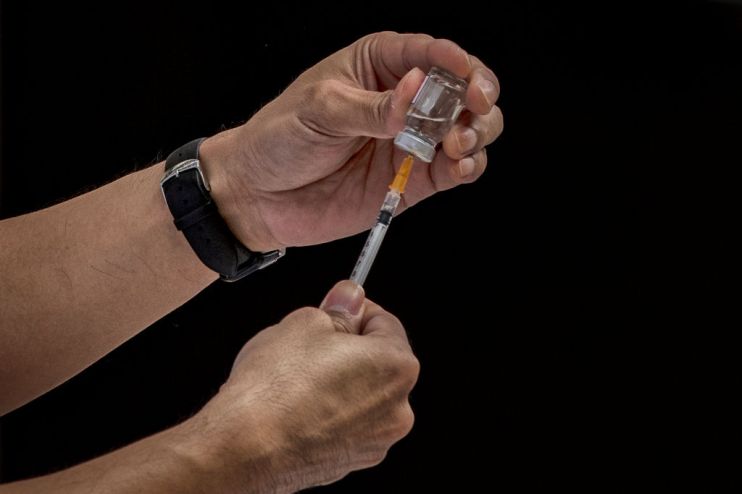World’s first Covid-19 study where people are infected with virus to begin in London

In a world first, humans taking part in a Covid-19 study will be injected with the virus, at a site on the fringe of the City of London.
The UK’s Research and Ethics Committee has approved a human challenge study. where young and healthy participants are infected with Covid-19.
Around 90 people will be selected between the ages of 18 and 30 for the study, hosted in Whitechapel.
It will be run by clinical company hVIVO, a subsidiary of FTSE-listed medical firm Open Orphan.
The UK’s Vaccines Taskforce, Imperial College London and the Royal Free London NHS Foundation Trust are also helping to deliver the study.
The trial will give the young participants the less-contagious Covid-19 strain from early in the epandemic and then monitor them 24 hours a day.
The goal of the trial is to further understand how our body’s immune system reacts to Sars-Covv-2, its transmission and aid the development of vaccines and treatments.
Government funding of around £33m was given to the human challenge trial.
Shares in Open Ophan, which manages medical trials for a range of pharma companies and universities, are up more than seven per cent on the news.
A vindication
Open Orphan chief executive Cathal Friel said the world first was a “huge vindication” for the UK.
“Many countries stumbled with their reactions to this pandemic, especially the UK, but history won’t remember that. It will remember how people came out of the pandemic and the UK is leading the way on that.”
Open Orphan is the only company and the UK the only country approved to do the human challenge trials.
This will give it a competitive advantage Friel said, as health ministries look to “second generation” vaccines.
“Human challenge trials will be necessary for these next rounds of vaccines for variants because unlike the first time around there won’t be a large population out there with the virus naturally circulating within it”.
Clive Dix, interim chair of the Vaccines Taskforce, said: “We have secured a number of safe and effective vaccines for the UK, but it is essential that we continue to develop new vaccines and treatments for Covid-19.
“We expect these studies to offer unique insights into how the virus works and help us understand which promising vaccines offer the best chance of preventing the infection.”